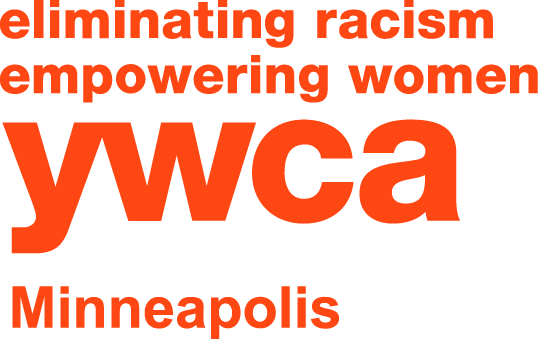Turning Up the Heat on Racial Justice
As the temperatures drop, let’s turn up the heat for inclusive, equitable and just realities. Here are some ways we can turn up the heat on our antiracist journeys in our personal and professional spheres of influence.
1. Prioritize Healing
If you are a person who experiences racism and microaggressions in your daily life, may you find deep and just healing during this season and always. Think about what spaces, places, people and resources feel most validating and lean into those.
2. Take Inventory
Aside from the snow, ever notice how everything around us is pretty, well... white? Whiteness has been set up as the status quo in our society. Even as diverse racial and ethnic representation increases, it’s a good time to take seasonal inventory and divest from whiteness where possible to support mental health for communities of color, wealth distribution and learning true histories. Consider how you seek news, fitness, decorating ideas, history, etc. from Black, Indigenous and People of Color's perspectives and experiences.
3. Self-Reflect
Consider how you are showing up: How am I considering my culture and the culture of the organizations I’m a part of? What do I still have to learn? What can I unlearn and re-learn in new and different ways? What changed for you last year? What did you commit to for racial justice? Have you taken those steps?
4. Route Resources
Kate Slater clarifies the difference between donations and reparations on Instagram: “Donations: financially supporting an individual or organization. Reparations: compensation that redresses historical wrongdoings. A reallocation of our resources that we possess, in part, because of white supremacy.” Are you giving money, donations or gifts at this time of year? Learn about paying taxes to tribes and rematriation of land to Native communities. As the calendar year comes to a close, it opens a great opportunity to pay creators of color for their art or for work that you have benefitted from this year on your racial justice journey. This is a time to support business owners of color. Looking for ideas? Check out our blog for full posts on Black, Native, Asian, and Latinx-owned businesses and organizations to support locally and nationally. (These lists are not all-inclusive and represent a few selected organizations.)
5. Take Action
Work for racial justice is beyond reading a book or resources list or becoming more aware. Now what? In a 2020 op-ed, Tre Johnson writes, “The right acknowledgment of black justice, humanity, freedom and happiness won’t be found in your book clubs, protest signs, chalk talks or organizational statements. It will be found in your earnest willingness to dismantle systems that stand in our way — be they at your job, in your social network, your neighborhood associations, your family or your home. It’s not just about amplifying our voices, it’s about investing in them and in our businesses, education, political representation, power, housing and art. It starts, also, with reflection on the harm you’ve probably caused in a Black person’s life.”One idea for taking action is to learn more about racially restrictive deeds in your neighborhood. Deeds can be edited to remove racial restrictions, but we can’t erase history, so this work should be done in tandem with engaging in history and healing done by groups like the Just Deeds Project, Mapping Prejudice, and Free the Deeds.
6. Talk With Others
Bring up the resources you read with others — at work or at school. Talk to your family members about racism and systemic oppression. Engage the kids in your life in dialogue about race, racism, and racial justice. Ask a colleague to attend a workshop with you. Engage in affinity group spaces that restore and energize.
A Look in the Mirror
Everyone with YWCA Minneapolis is alongside you on this journey. Even with a mission as bold as ours, we always have work to do for racial justice. Some of the things we are working on are:
- Understanding what emerging topics in the movement justice space we can learn more about and implement in our work.
- Supporting a Diversity, Equity and Inclusion Council that is engaging in deep shared learning and identifying areas for improvement in our organization.
- Prioritizing how healing can play a role in the work we do — for our employees and for community members and constituents we work with.
- Revitalizing our Public Policy strategy to lead with interests that align with our mission, continue to support and endorse those additional interests we believe are impactful in eliminating systemic barriers.
